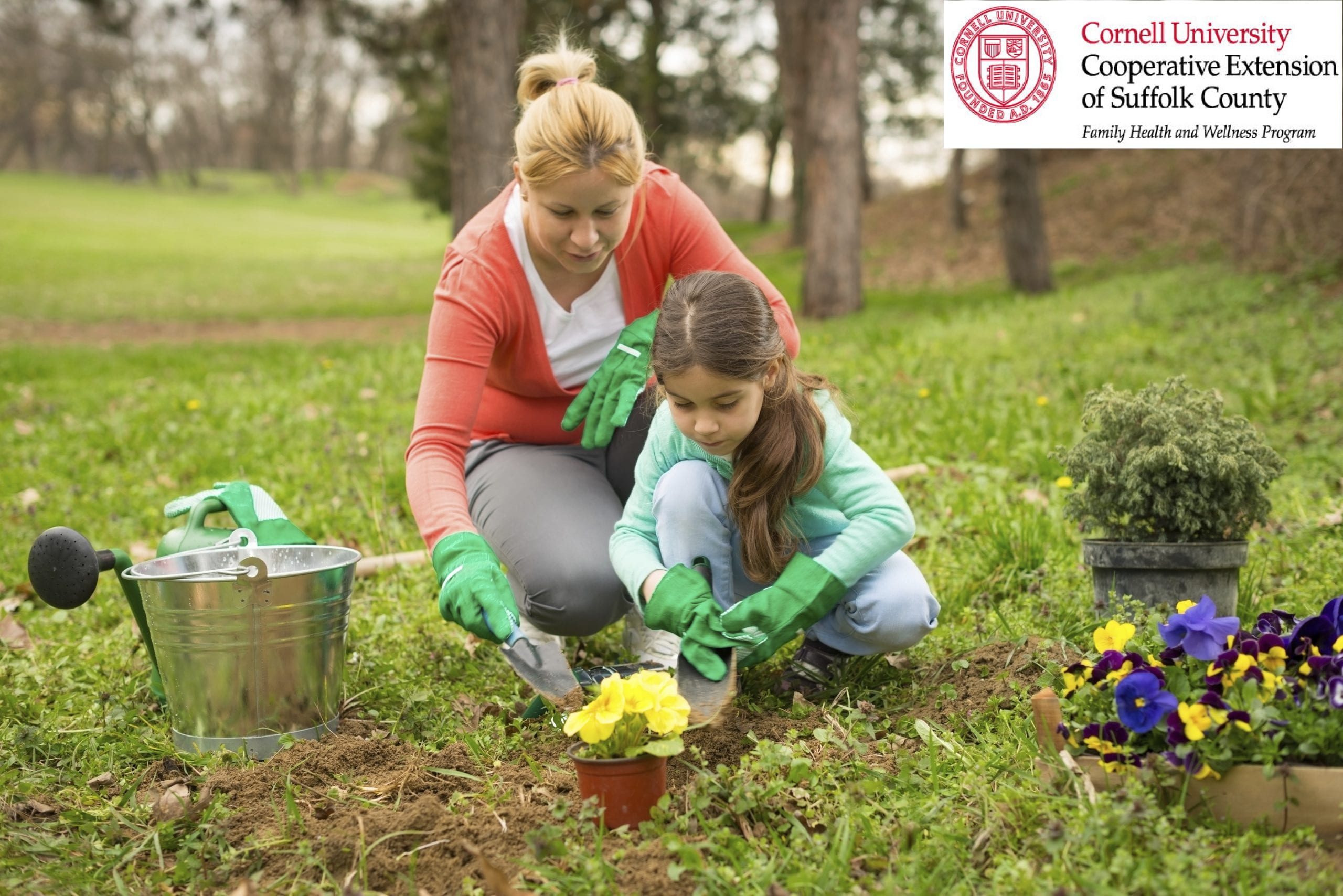Children of preschool age (3-5 years old) and older can reap many benefits from helping out in the garden. Learning how to help plants grow can foster responsibility and patience in children. Families can become closer as children and parents share a common interest they can work on together. To reap the full benefits of gardening with children, take them through the whole process, from seed to soil to supper. Go together to the garden center and choose seeds, plants, and tools. Let children dig holes for seeds and then plant the seeds. Appoint children as official gardening helpers. Appropriate gardening activities for young children include collecting weeds they have pulled, looking through soil to pick out rocks and pebbles, and supervised harvesting. If possible, let children help in preparing food from the garden.
Start Out Simple
Certain plants are easy to grow and sprout rather quickly, so they can be harvested within one season. Sugar snap peas, beans, and pumpkins are good choices for beginning gardeners because the seeds are large and easy to handle. Jack-B-Little pumpkins are usually dependable and can be fun for children who are too young to carve, but can decorate at Halloween. Other easy-to-grow choices are radishes, carrots, leaf lettuce, patio varieties of tomatoes, herbs, marigolds, nasturtiums, and strawflowers.
Avoid great expectations. Children’s gardens won’t necessarily look like those designed by adults. The rows may not be straight and a few weeds may remain. Relax and revel in your child’s anticipation and excitement as the garden grows.
For safety reasons, children should not eat anything from the garden before they show it to an adult first. Avoid pesticides, especially on plants to be eaten. Make sure to wash all produce from the garden before it is eaten. Also, always have children wash their hands thoroughly after working in the garden.
Multiple Benefits
Besides produce to eat and flowers to admire, gardens can give you and your child multiple benefits:
- Children may be more likely to eat vegetables that they grow themselves.
- Planting a garden serves as a science lesson. Children see how the natural world works its wonders, how seasons change, and how time marches on.
- Tending to a garden teaches responsibility, concentration, and patience.
- As the garden grows, so does a child’s confidence and satisfaction of a job well-done.
- If results are less than expected, use that as an opportunity to teach children how to cope with disappointment and how to overcome obstacles by trying a new technique or a different plant next year.
All Blogs are written by Professionals in the fields of Nutrition, Human Development and Diabetes.
